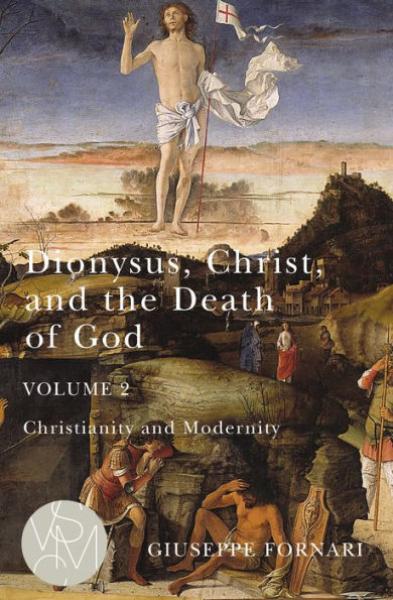Description
This magisterial reflection on the history and destiny of the West compares Greco-Roman civilization and the Judeo-Christian tradition in order to understand what both unites and divides them. Mediation, understood as a collective, symbolic experience, gives society unity and meaning, putting human beings in contact with a universal object known as the world or reality. But unity has a price: the very force that enables peaceful coexistence also makes us prone to conflict. As a result, in order to find a common point of convergence--of at-one-ment--someone must be sacrificed. Sacrifice, then, is the historical pillar of mediation. It was endorsed in a cosmic-religious sense in antiquity and rejected for ethical reasons in modernity, where the Judeo-Christian tradition plays an intermediate role in condemning sacrificial violence as such, while accepting sacrifice as a voluntary act offered to save other human beings. Today, as we face the collapse of all shared mediations, this intermediating solution offers a way out of our moral and cultural plight.
This magisterial reflection on the history and destiny of the West compares Greco-Roman civilization and the Judeo-Christian tradition in order to understand what both unites and divides them. Sacrifice was endorsed in a cosmic-religious sense in antiquity and rejected for ethical reasons in modernity, where the Judeo-Christian tradition plays an intermediate role in condemning sacrificial violence as such, while accepting sacrifice as a voluntary act offered to save other human beings. Today, as we face the collapse of all shared mediations, this intermediating solution offers a way out of our moral and cultural plight.
GIUSEPPE FORNARI is Professor of History of Philosophy at Bergamo University, Italy.
Giuseppe Fornari's formidable work, contained in two massive volumes over which he labored for more than twenty-five years, presents an all-encompassing "new science" of human culture. It reformulates received methods so they suit real phenomena, with an unapologetic breadth of learning and with a bold independence from departmental conventions, all expressed with a trenchancy that achieves a full understanding of history's universal relevance to life as it has been revealing itself since the earliest epochs of hominization. Fornari's is a great work of remembering man and God. The first philosopher to rival Eric Voegelin since his death in 1985, Fornari magnificently expresses the calling of the true scholar: to remember reality, never to dis-member it.-- "Paul Caringella, Trustee of the Eric Voegelin Literary Trust" (11/1/2020 12:00:00 AM)
This magisterial reflection on the history and destiny of the West compares Greco-Roman civilization and the Judeo-Christian tradition in order to understand what both unites and divides them. Sacrifice was endorsed in a cosmic-religious sense in antiquity and rejected for ethical reasons in modernity, where the Judeo-Christian tradition plays an intermediate role in condemning sacrificial violence as such, while accepting sacrifice as a voluntary act offered to save other human beings. Today, as we face the collapse of all shared mediations, this intermediating solution offers a way out of our moral and cultural plight.
GIUSEPPE FORNARI is Professor of History of Philosophy at Bergamo University, Italy.
Giuseppe Fornari's formidable work, contained in two massive volumes over which he labored for more than twenty-five years, presents an all-encompassing "new science" of human culture. It reformulates received methods so they suit real phenomena, with an unapologetic breadth of learning and with a bold independence from departmental conventions, all expressed with a trenchancy that achieves a full understanding of history's universal relevance to life as it has been revealing itself since the earliest epochs of hominization. Fornari's is a great work of remembering man and God. The first philosopher to rival Eric Voegelin since his death in 1985, Fornari magnificently expresses the calling of the true scholar: to remember reality, never to dis-member it.-- "Paul Caringella, Trustee of the Eric Voegelin Literary Trust" (11/1/2020 12:00:00 AM)
Last updated on
Product Details
- Michigan State University Brand
- Nov 1, 2020 Pub Date:
- 1611863570 ISBN-10:
- 9781611863574 ISBN-13:
- 580 Pages
- 9 in * 6 in * 1.6 in Dimensions:
- 2 lb Weight:




